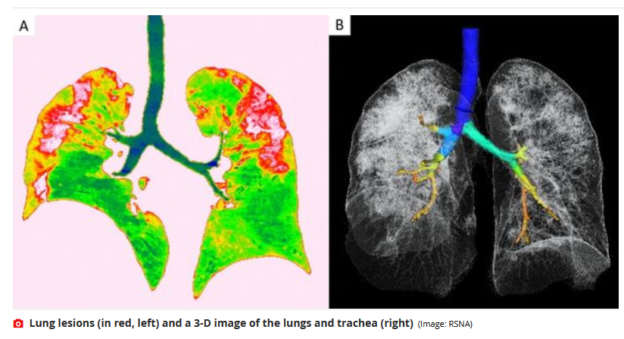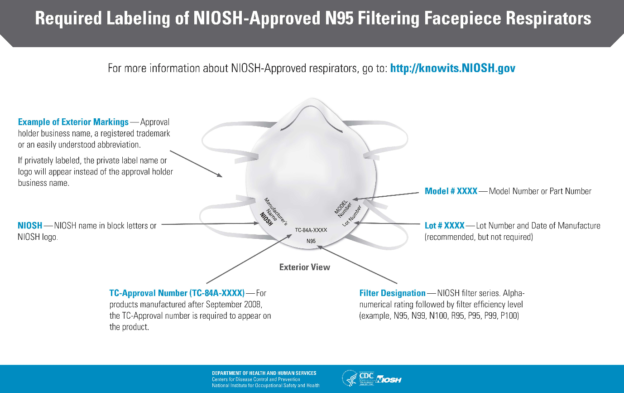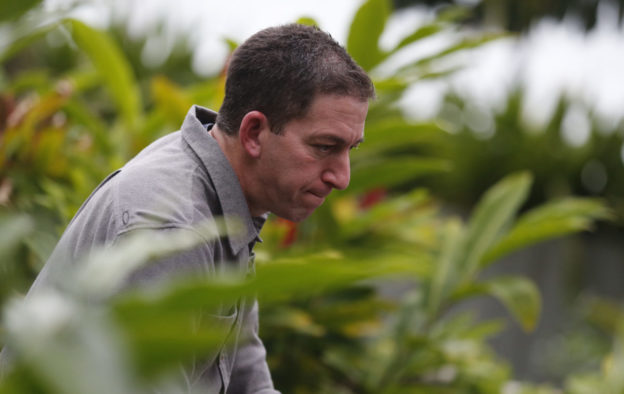“By March 1st, when South Korea had run 100,000 tests for the virus, America—which saw its first case on January 23rd—had run fewer than 500.
… a single undiagnosed case can, in principle, give rise to more than 3,000 cases six weeks later.”
Like it or not, The Economist is the gold standard of news gathering; of data analysis. But I guess, my own mind disdains a partisan approach to truth, which is patent in the approach to all things in the USA, coronavirus too.
… in America the response to date has been a shambolic missed opportunity. Shockingly, the worst American bungling has more in common with the catastrophic early stages of the Chinese epidemic—when officials minimised risks and punished truth-tellers, thus letting the disease spread much further and faster than it might have—than with the country’s later co-ordinated control efforts. …
Take America. On February 25th Larry Kudlow, chief economic adviser to President Donald Trump, told reporters that “We have contained this. I won’t say airtight, but it’s pretty close to airtight.” As he spoke a cluster of cases at a care facility in Washington state was showing that America’s public-health agencies had been caught flat footed. Test kits made available by the Centres for Disease Control and Prevention (CDC) were faulty; restrictions were limiting tests in other settings. By March 1st, when South Korea had run 100,000 tests for the virus, America—which saw its first case on January 23rd—had run fewer than 500. …
… “Test and you shall find,” says Gabriel Leung of the University of Hong Kong, who was also on the WHO team. “You either test and find it early, and do something about it, or the body bags are going to pile up,” he adds. …
… In South Korea, by contrast, the government is being forthright and formidably transparent, allowing Koreans to trace their possible brushes with the disease. As well as briefing the press thoroughly twice a day, and texting reporters details of every death, the government puts online a detailed record of each new patient’s movements over previous days and weeks …
…China is now making 116m face masks a day, 12 times the production a month ago, with 1.7m of them the high-performance sort that health-care workers need when faced with patients coughing and sneezing. A General Motors joint venture in south-western China is making both its own disposable face masks and face-mask-making machinery for the many other companies doing the same. There are no precise figures for the production of tests, but the number carried out suggests that it, too, has soared.
***
I wonder when production will be brought home, for future posterity and prosperity—ILANA MERCER
* Image courtesy of The Mirror.
Today the #CDC tested a total of … 8 Americans for #coronavirus. God help us! https://t.co/Z9W4PXb557
— ILANA Mercer (@IlanaMercer) March 12, 2020
About "4,384 people have been tested for the #coronavirus nationwide, as of 3/9/020. The lack of testing means that it is almost impossible to know how many Americans are infected with the coronavirus and suffering from #COVID19, the disease it causes."https://t.co/qD5kgoepKW
— ILANA Mercer (@IlanaMercer) March 10, 2020
Actor #TomHanks announces he & wife test positive for #coronavirus in Australia https://t.co/7E3wwpOKMy
— ILANA Mercer (@IlanaMercer) March 12, 2020
It's what epidemiologist are trained to do: “the branch of medicine that deals with the study of the causes, distribution & control of disease in populations.” You gotta get that index person and his obvious contacts (and phone trail). But it's hard when science is cast as racism https://t.co/gabqkU9vwi
— ILANA Mercer (@IlanaMercer) March 11, 2020
"Index case" is the better term: The single individual who bears the unknowing responsibility for having introduced the disease to a certain population.
That man, aged 35, from Wuhan, is apparently WA's index case. https://t.co/ct8bsD3nZh https://t.co/vMOPOXSi2D— ILANA Mercer (@IlanaMercer) March 11, 2020
"Bilateral interstitial pneumonia": The same diagnosis in wards across Italy's northern hospitals. Anyone who doesn't take #coronavirus and #COVID19 seriously is insane. https://t.co/KMW9fNw4AG
— ILANA Mercer (@IlanaMercer) March 11, 2020
Patient Zero, who likely infected Washington State (and beyond?), arrived from #Wuhanin on Jan. 15 and was tested on Jan 20. If only travel from #China had been stopped earlier, the poor old people from the #LifeCare home might be alive.https://t.co/K2IjSpkNV9
— ILANA Mercer (@IlanaMercer) March 10, 2020




